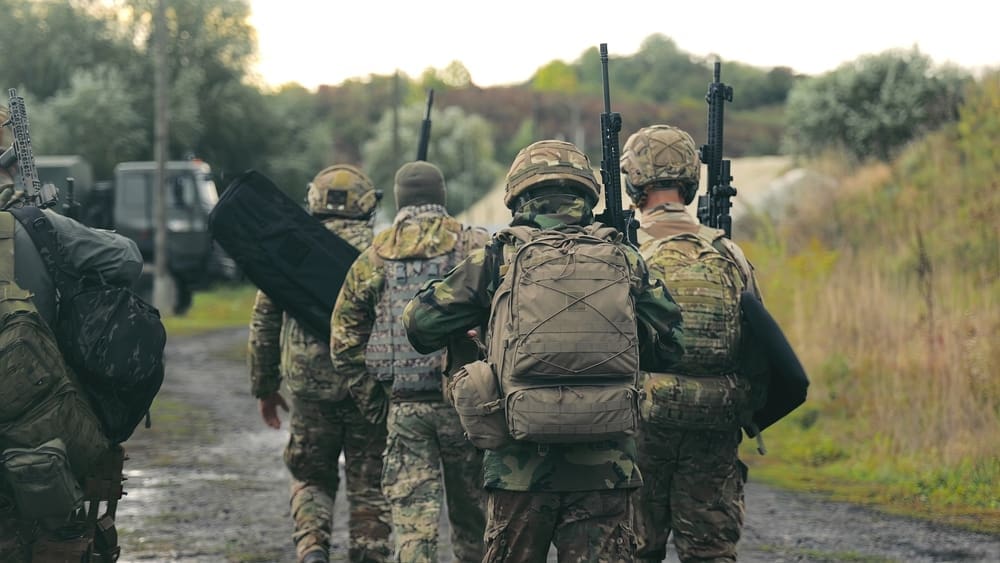Since the onset of Russia’s full-scale invasion of Ukraine in 2022, the conversation surrounding European security has undergone a significant transformation. The return of large-scale conflict to European territory has not only galvanized Western support for Ukraine but has also shifted Germany’s attention back to its own military forces, reigniting debates about the current state of the Bundeswehr.
One issue that has resurfaced in recent months is the discussion around reintroducing compulsory military service. This debate comes after conscription was suspended in 2011 by then-CSU Defence Minister, citing cost concerns. Although there are no immediate plans to reinstate conscription under the current coalition agreement between the CDU/CSU and the SPD, the ongoing personnel shortage in the armed forces remains a pressing concern.
Recently, a 31-year-old soldier and content creator, who also serves as an influencer, appeared on a German talk show to discuss the Bundeswehr. He acknowledged the military’s flaws and challenges, yet emphasized Germany’s status as a successful democracy worth defending. His goal is to engage Generation Z with security policy through social media, bridging the gap between young people and the military.
Reflecting on his decision to join the army at 18, he described a lack of personal or family connection to the Bundeswehr. His father, who had mandatory military service in Romania, often recounted harsh experiences, leaving a negative impression. However, upon receiving a letter from the Bundeswehr, he reconsidered his options and was drawn to the sense of adventure and financial incentives. Despite initial challenges, he found purpose in serving a higher cause and extended his service commitment.
The perception of the Bundeswehr, especially among young people, has been influenced by recent geopolitical events. While some initial skepticism existed, he noted a growing curiosity and interest in military service, particularly following the Russian invasion of Ukraine. This shift in perception is evident in everyday interactions, with more positive acknowledgments of military service.
Despite the challenges, he remains committed to his role, recognizing the importance of deterrence and the Bundeswehr’s preparedness for potential conflicts. He expressed a desire to continue educating the public on security policy and bridging the understanding gap between civilians and the armed forces.
The Evolving Landscape
The renewed focus on military service and defense readiness in Germany has significant implications for both the country and its citizens. As Europe grapples with security concerns, the Bundeswehr’s role becomes increasingly vital, impacting national defense strategies. The debate over compulsory military service highlights broader discussions on civic duty and national security, potentially influencing public opinion and policy decisions.
For young individuals considering military careers, the evolving security landscape presents both opportunities and challenges. The increased interest in military service may lead to a more engaged and informed populace, fostering a deeper understanding of national defense’s complexities. Furthermore, the Bundeswehr’s efforts to connect with younger generations through social media and content creation may bridge generational gaps, ensuring that security policy remains relevant and accessible.
Overall, the shifting dynamics in European security underscore the importance of adaptability and preparedness. As geopolitical tensions continue to evolve, Germany’s approach to military service and defense policy will play a crucial role in shaping both national and regional stability.














